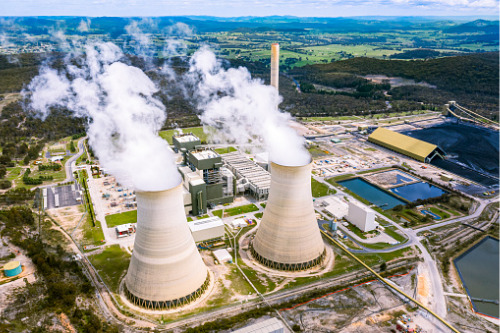

The Conservation Council of Western Australia (CCWA) has singled out Western Australia’s (WA) liquefied natural gas (LNG) industry as the fastest-growing source of pollution in the country.
Appearing in front of the Senate Economics References Committee inquiry on Friday, CCWA director Piers Verstegen said WA's lack of climate action to address its LNG sector is “directly undermining national emission targets” and the Paris Agreement while costing taxpayers billions.
The conservation group also stated that WA is the only state where carbon pollution has risen substantially since the 2005 baseline under the Paris Agreement, with the increase driven by growth in LNG exports.
“The oil and gas industry has made record profits for the last decade, but the vast majority of these profits have flowed to overseas shareholders, while Australian taxpayers pick up a multi-billion dollar bill for the pollution from this industry,” Verstegen said.
“We conservatively estimate that the Australian taxpayer who has forked out roughly $1.4 billion over the last five years, just to offset WA's rising pollution from the LNG export industry.”
Read more: Lloyd's releases climate action plan
Insurance companies and organisations in Australia have been developing initiatives to address the impacts of climate change, including distancing themselves from coal and gas projects, launching climate action plans, and supporting the government's plan to establish a reinsurance pool for cyclone and cyclone-related flooding events.
The Australian Reinsurance Pool Corporation (ARPC) and the Insurance Council of Australia (ICA), for example, have backed the reinsurance pool plan to improve the affordability and availability of insurance for homeowners and small businesses across the country.
“The industry has done considerable work on the key fundamentals of a public reinsurance scheme, and if properly designed and implemented, a reinsurance pool can put downward pressure on premium costs,” ICA executive director and CEO Andrew Hall said early this year.
Under the pledge, the NZIA founding members will individually set science-based intermediate targets every five years and independently report on their progress annually. Moreover, they will set out a framework spanning underwriting criteria and guidelines, insurance product development for low-emission and zero-emission technologies and nature-based solutions, and claims management.
